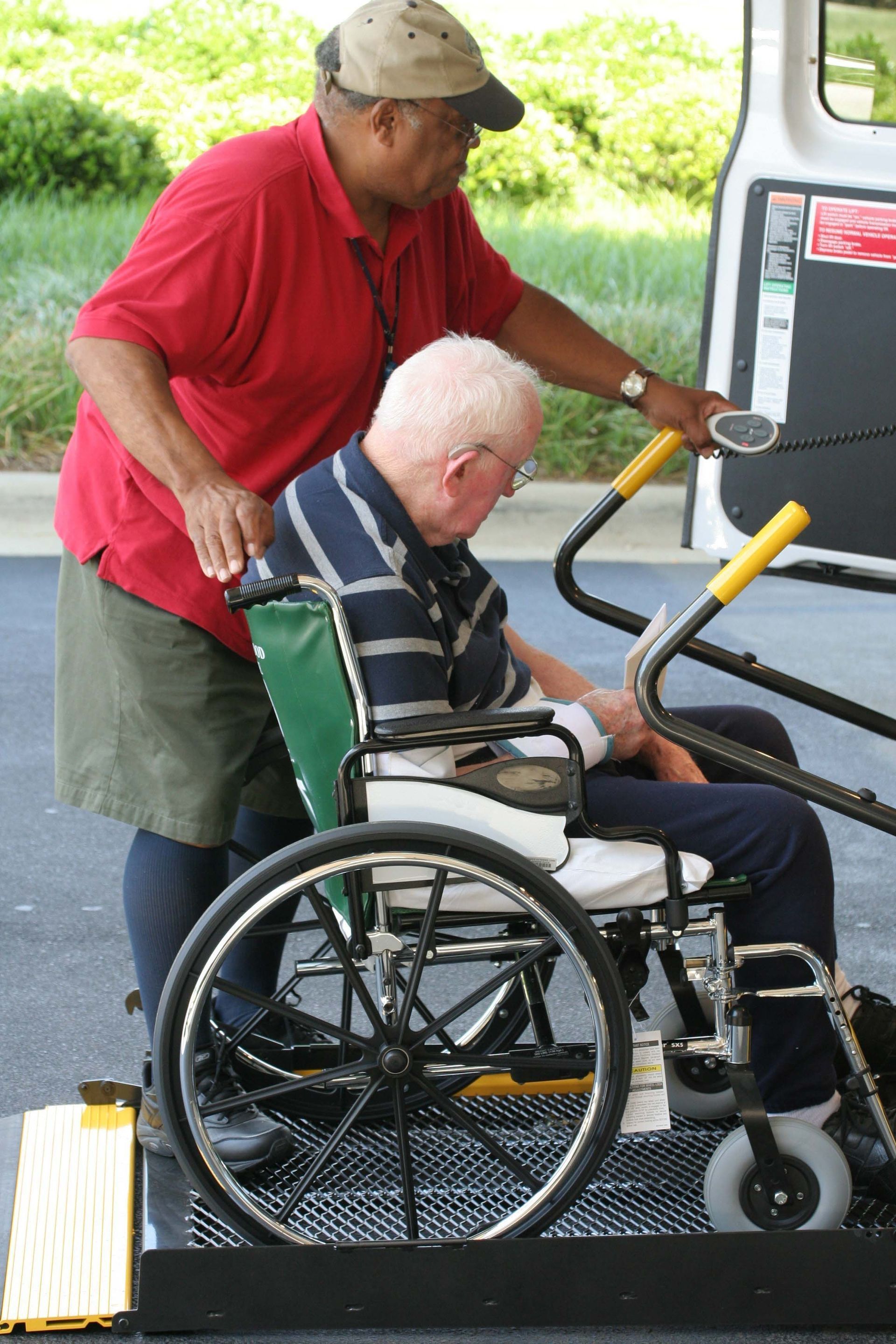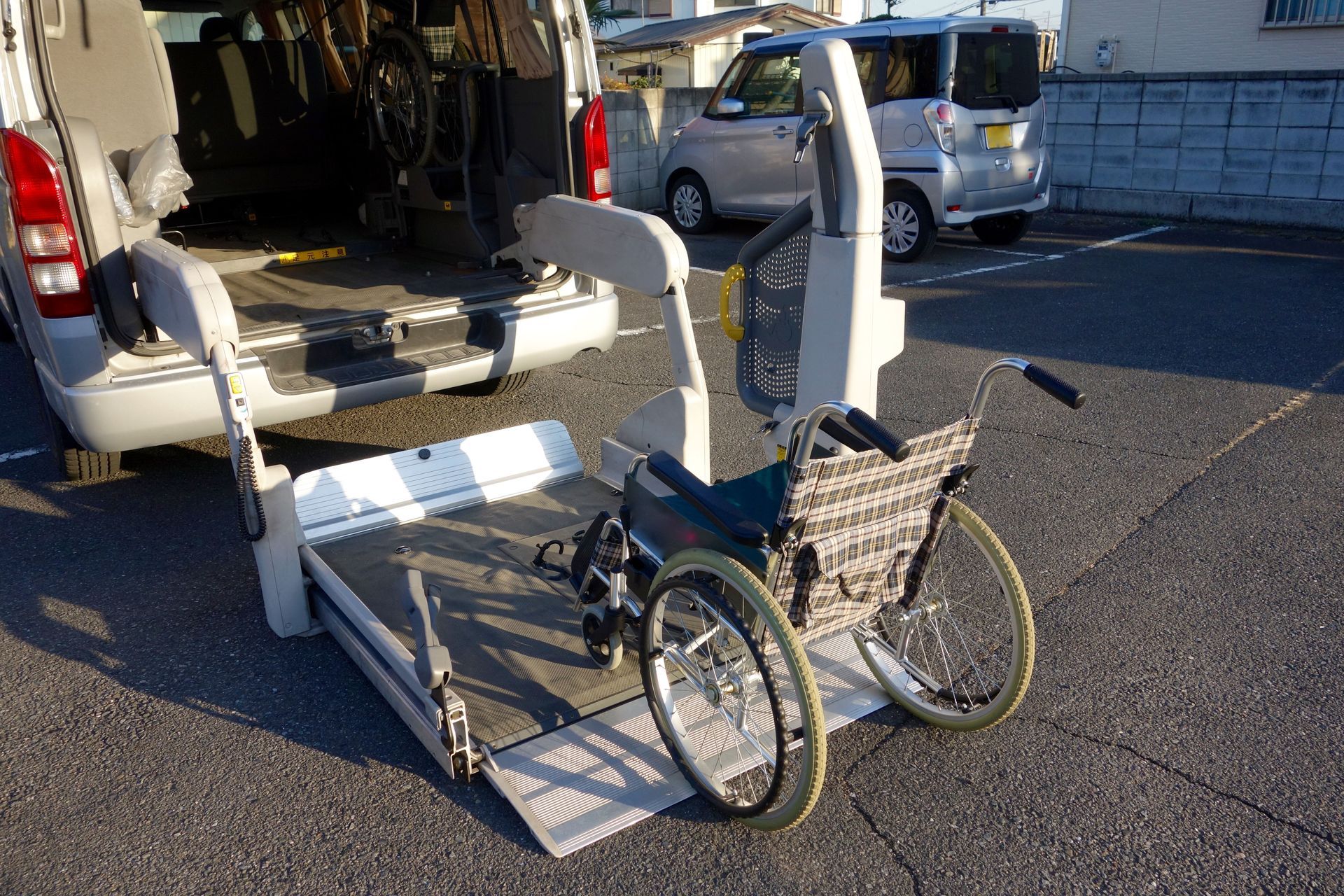How Transportation Barriers Affect Health Outcomes and Financial Stability in the U.S.
In the United States, transportation is a critical component that influences both individual health outcomes and financial stability. Access to reliable transportation can make the difference in whether or not individuals can reach essential services such as healthcare, education, and employment. However, many Americans face significant local medical transportation barriers, leading to delayed healthcare, missed appointments, and increased costs, all of which contribute to a cycle of disadvantage that extends beyond individuals to affect the broader economy.
Transportation Barriers and Their Impact on Healthcare Access
One of the most pressing impacts of local medical transportation barriers is seen in healthcare access. According to TraumaSoft, six million Americans delay or miss non-emergency medical appointments annually due to these barriers. This lack of access can lead to the worsening of medical conditions that otherwise might have been managed or mitigated with timely care. When healthcare is postponed, individuals often experience increased severity of illness, which can result in more expensive emergency care down the line, burdening both patients and healthcare systems financially.
Limited Transportation as a Barrier to Financial Stability
Beyond healthcare, local medical transportation barriers significantly influence employment opportunities and thus, financial stability. Without reliable transportation, individuals are pressured to find employment within limited geographic areas, often compromising on wages and job satisfaction. Those in rural or poorly connected urban areas face the most acute challenges, which can perpetuate cycles of poverty and limit upward mobility. Reliable transportation is critical for ensuring individuals can access a range of employment opportunities that can enhance their quality of life.
Economic Consequences of Missed Appointments
Moreover, the economic implications of transportation barriers extend to the healthcare system itself. When patients are unable to attend scheduled medical appointments, healthcare providers face financial setbacks from unutilized resources and missed opportunities for preventive care. This inefficiency creates a ripple effect, inflating healthcare costs and straining an already burdened system. Investing in transportation solutions can, therefore, not only improve individual health outcomes but also enhance the overall financial health of healthcare facilities.
Transportation barriers present a significant challenge that affects both health outcomes and economic stability in the U.S. Addressing these barriers requires comprehensive policy solutions that enhance transportation infrastructure, particularly in underserved areas. By investing in reliable transportation options, we can improve healthcare access, strengthen employment opportunities, and make strides toward a more equitable and financially stable society. Don't miss your next appointment; call TLC Non-Emergency Medical Transportation Services for a ride.







Share On: